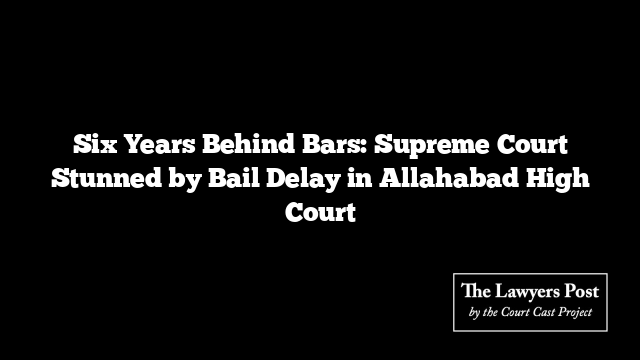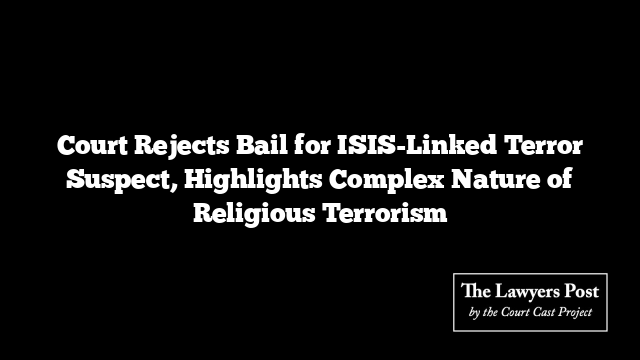In an extraordinary moment of dismay, the Supreme Court criticized the prolonged delay in deciding a bail plea that has lingered for four years in the Allahabad High Court.
The accused, identified as Imran, revealed that despite spending six years in custody for a murder case, his bail application had been adjourned a staggering 16 times. This revelation left the Bench, comprising Justice JB Pardiwala and Justice R Mahadevan, visibly perturbed.
“We are shocked to learn that the petitioner’s bail application, filed in 2020, remains unresolved to this day,” observed the Bench.
Imran’s legal representatives highlighted a glaring inconsistency: co-accused in the same case have already been granted bail. Despite their plea for interim relief, the Supreme Court refrained from granting bail, noting that the trial had reached its concluding phase, with prosecution evidence already closed.
Acknowledging the urgency of the situation, the Supreme Court stopped short of demanding an explanation from the High Court. Instead, it directed the order to be brought to the attention of the Chief Justice of the Allahabad High Court, urging swift consideration.
While the nation’s highest court avoided intervening directly in the bail matter, its pointed observations underline systemic inefficiencies that leave individuals languishing in prolonged judicial limbo.





